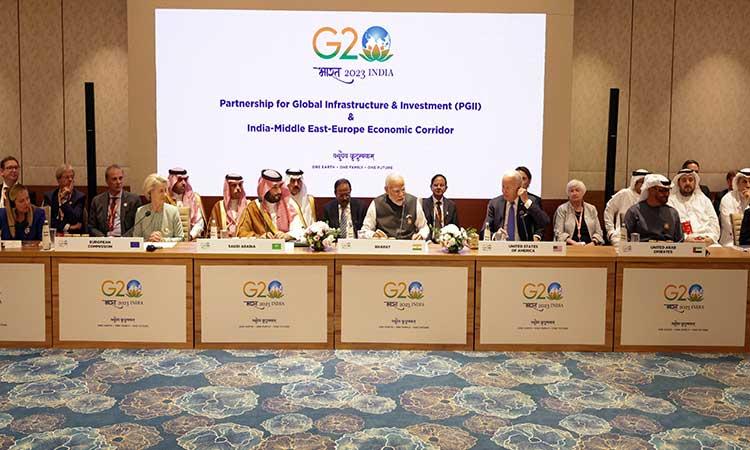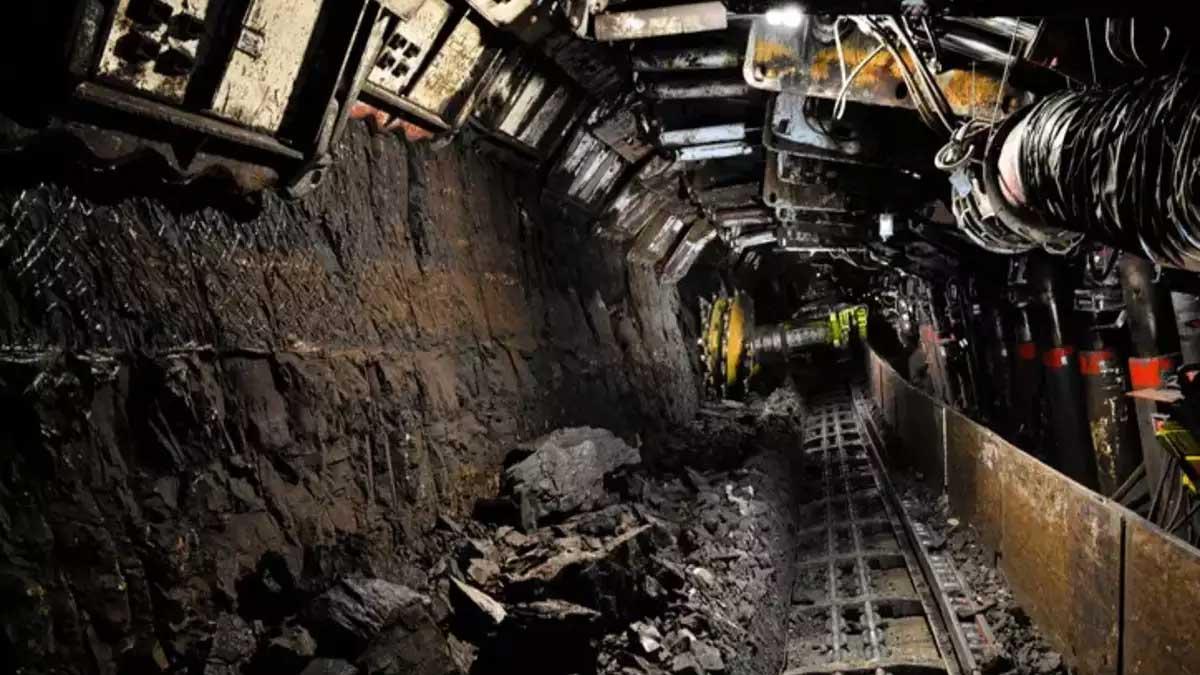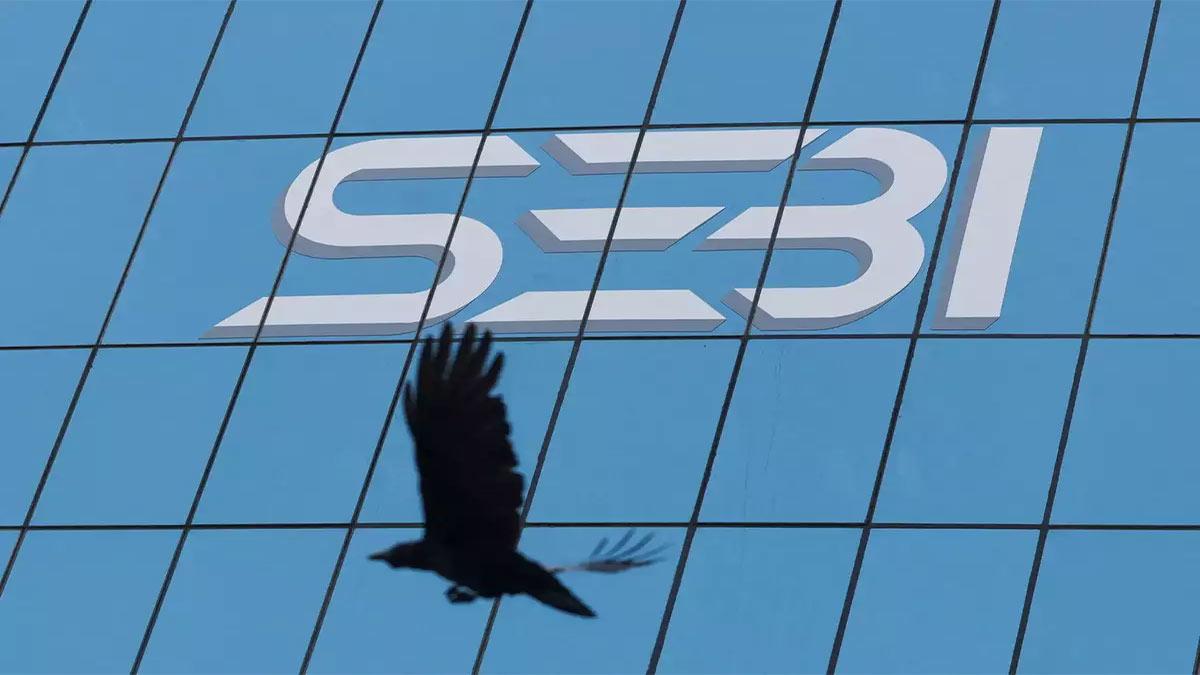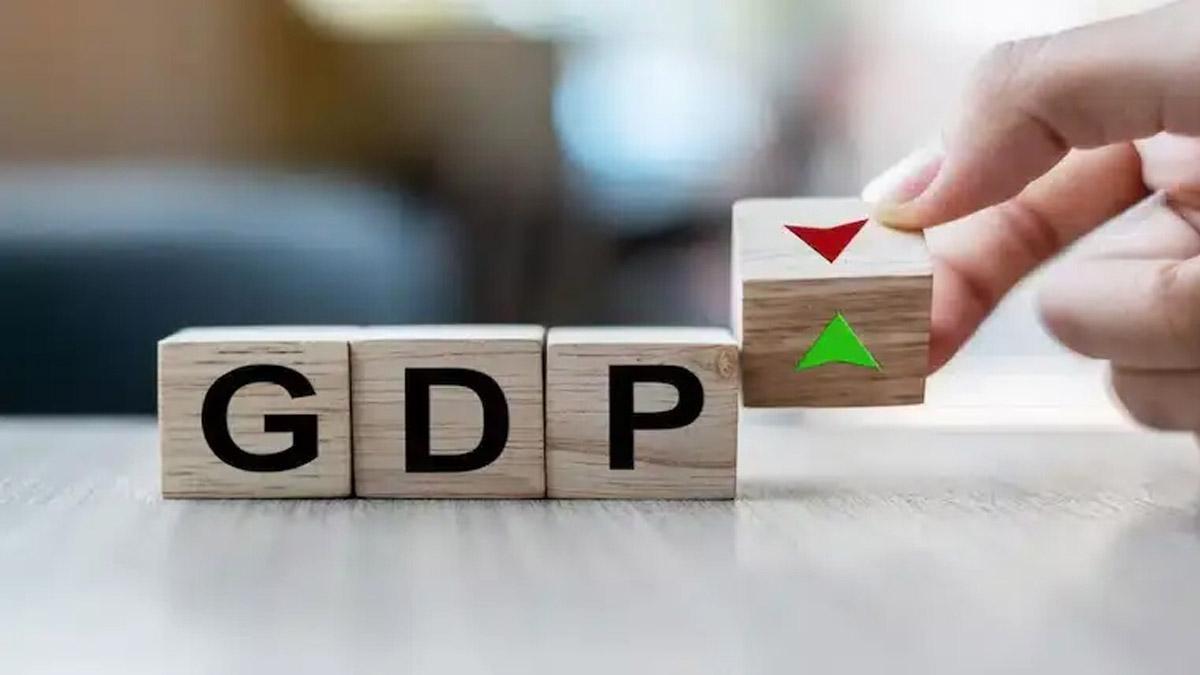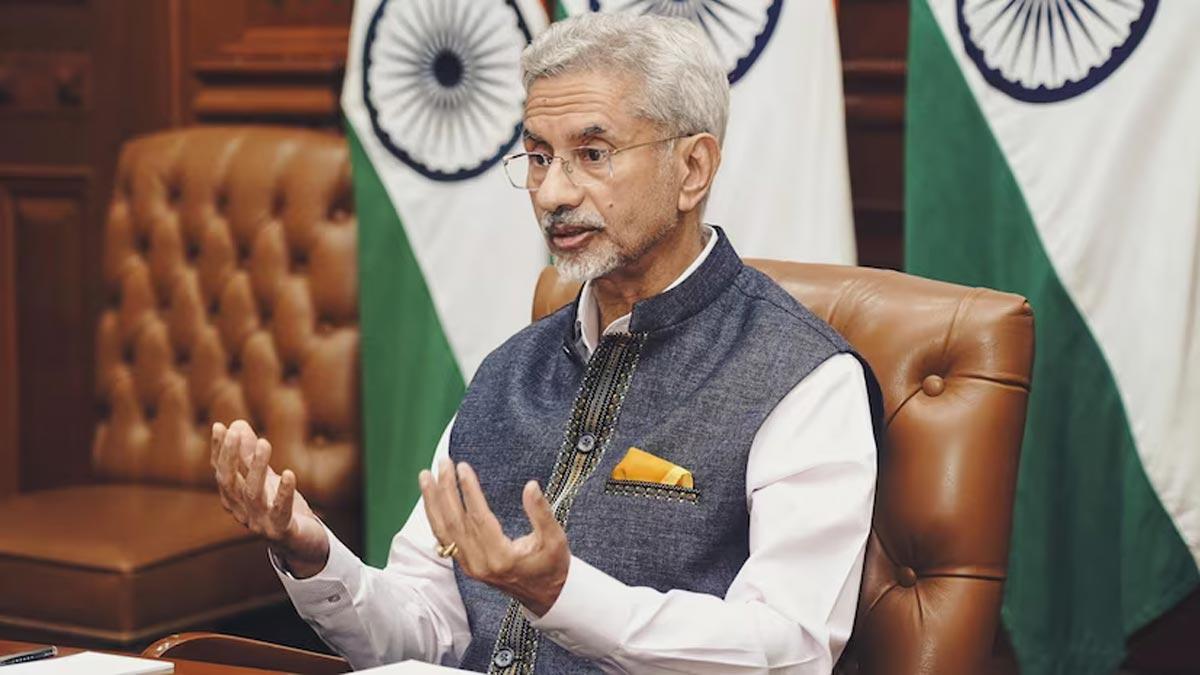Finance Minister Nirmala Sitharaman on Saturday said that India’s G20 presidency has walked the talk as it has successfully put forward the concerns of the Global South on Multilateral Development Banks (MBDs).
“I can confidently say that the Indian G20 presidency has walked the talk. India has harnessed G20 presidency to effectively articulate concerns of Global South on MBDs,” she said.
The G20 has committed to pursue reforms for better, bigger and more effective MDBs to address global challenges to maximise developmental impact, she added, while addressing a press conference on the sidelines of the G20 summit.
India’s G20 presidency ensured that divergences don't overcome the core aims, the Finance Minister said.
“India has endeavoured to include countries from the global south to be a part of the global decision-making process. The Indian presidency has worked to ensure divergences don't overshadow the core developmental objectives,” she said.
She said that the Indian presidency adopted an action-oriented approach to ensure adequate and timeline mobilisation of resources for climate finance.
“Since India took over the G20 presidency good progress has been made in the ongoing debt restructuring of Zambia, Ghana, and Ethiopia. The outcomes of the Indian presidency are a testament to multilateralism,” she emphasised.
"We welcome the sustainable finance working group's (SFWG) recommendations for scaling up blended finance and risk-sharing facilities, including the enhanced role of MDBs in mobilising climate finance.
“We underscore the importance of maximising the effect of concessional resources, such as those of the multilateral climate funds, to support developing countries’ implementation of the Paris.
“Agreement and call for an ambitious second replenishment process of the Green Climate Fund for its upcoming 2024-2027 programming period. We will undertake work to facilitate access to multilateral climate funds and enhance their leverage and ability to mobilize private capital," the Delhi Declaration said on climate finance.
"Recognising the importance of supporting the commercialisation of early-stage technologies that avoid, abate and remove greenhouse gas emissions and facilitate adaptation, we note the recommendations on financial solutions, policies, and incentives to encourage greater private flows for the rapid development, demonstration, and deployment of green and low-emission technologies. We reiterate the importance of a policy mix consisting of fiscal, market and regulatory mechanisms, including, as appropriate, the use of carbon pricing and non-pricing mechanisms and incentives toward carbon neutrality and net zero," it said further.
The Delhi Declaration also said that it recognises the need for increased global investments to meet our climate goals of the Paris Agreement, and to rapidly and substantially scale up investment and climate finance from billions to trillions of dollars globally from all sources.
In this context it said that "countries, in particular for their needs to implement their NDCs, as well as the need of $4 trillion per year for clean energy technologies by 2030 to reach net zero emissions by 2050."
Also read | 'India's G20 presidency most ambitious as 112 documents adopted'
Also read | Sitharaman urges Fintechs to safe-guard against cyber, crypto threats

